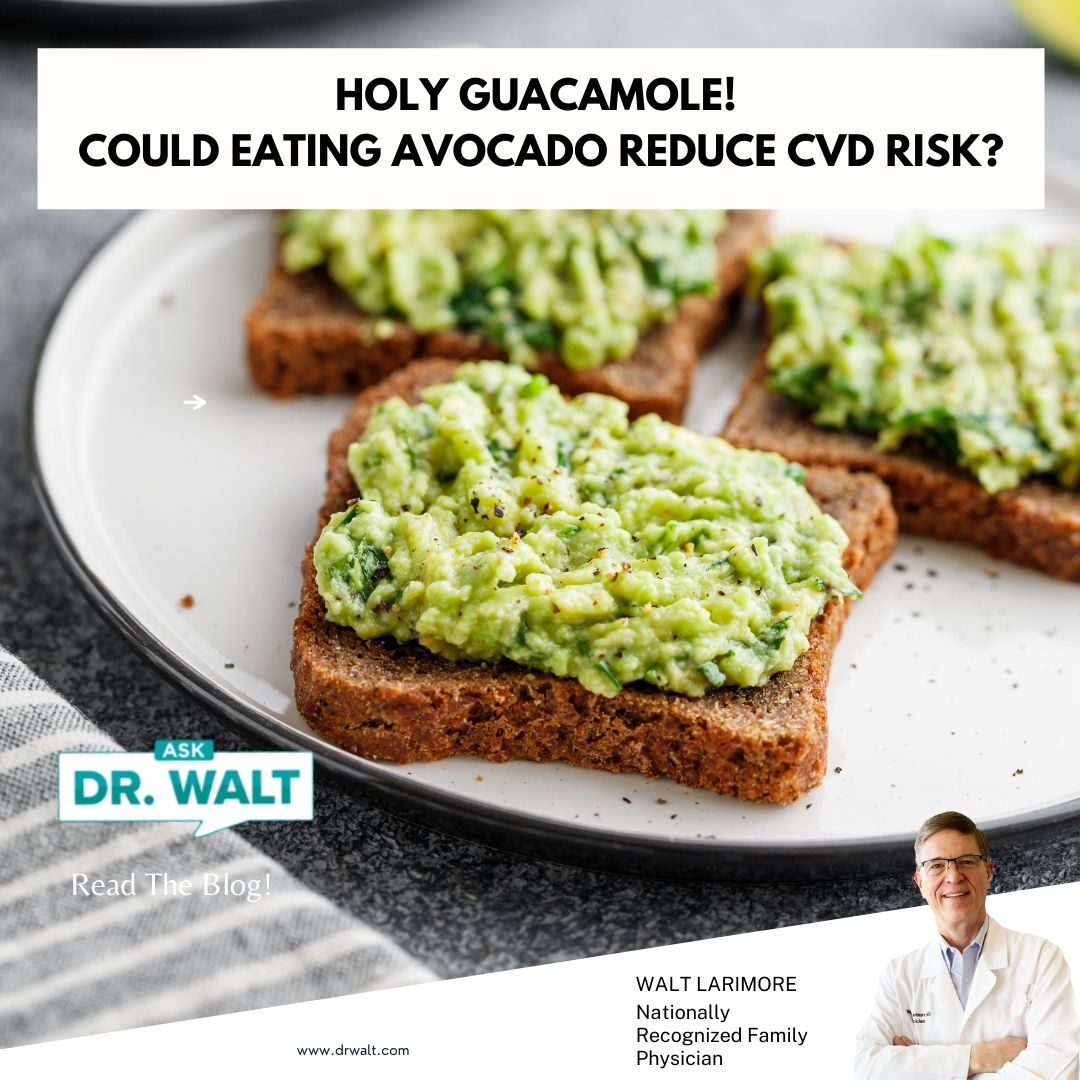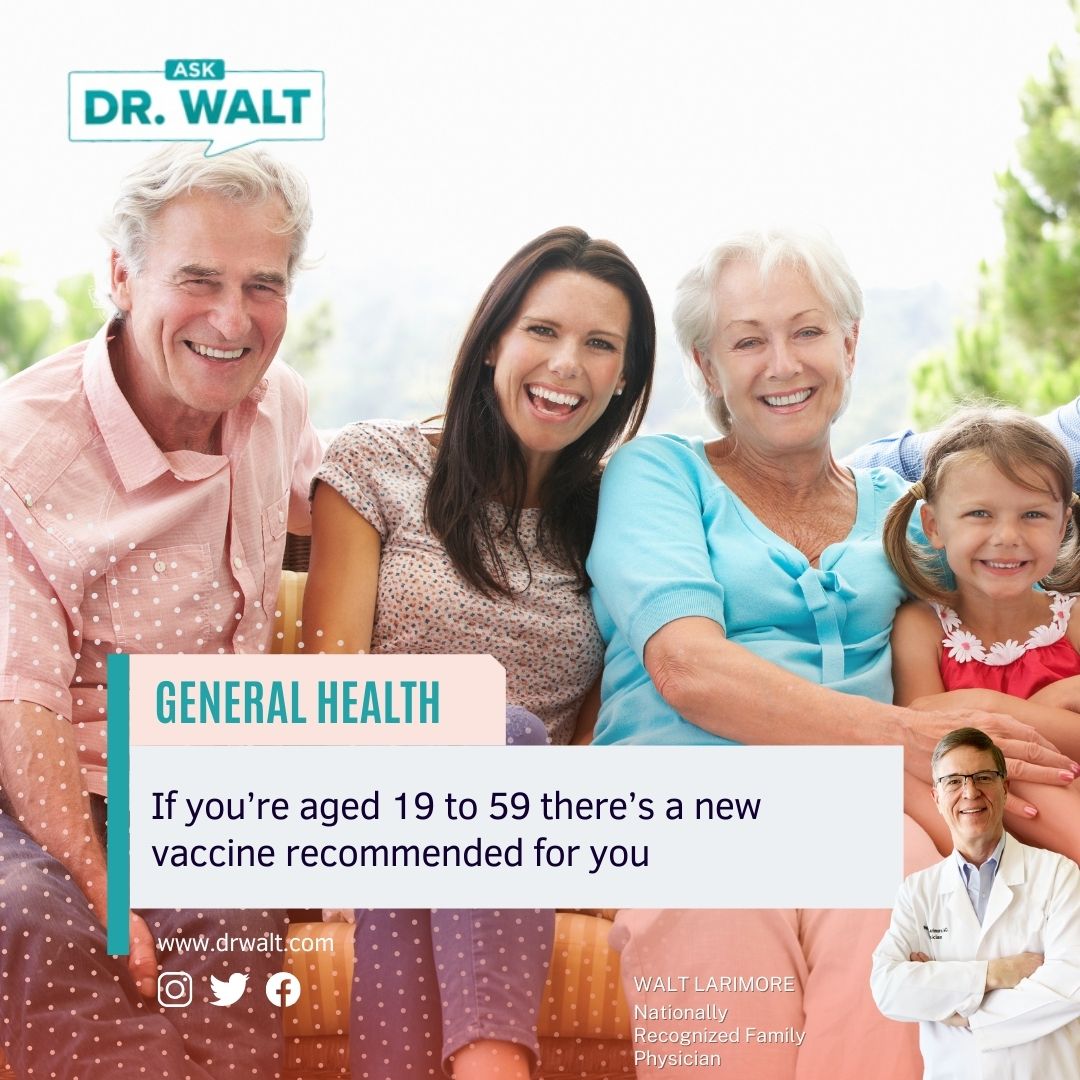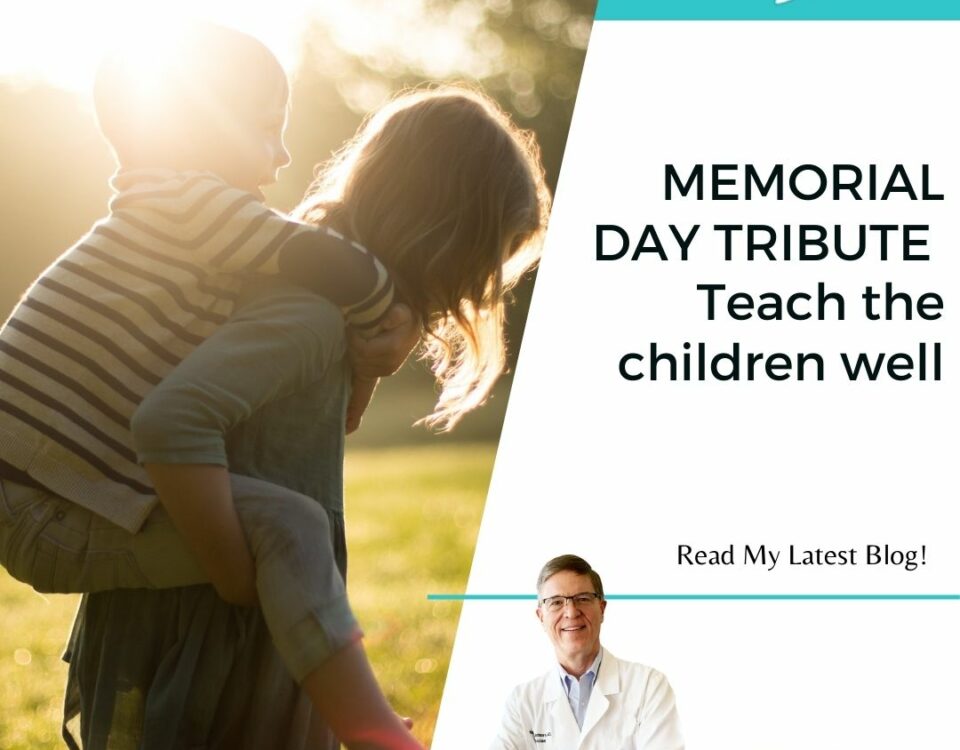
Holy guacamole! Could eating avocado reduce CVD risk?
April 4, 2022
If you’re aged 19 to 59 there’s a new vaccine recommended for you
April 6, 2022We know that the benefits to infants that are exclusively breastfed are myriad. A new study looks at the impact of breastfeeding on the risk of infections among young children. The study, discussed in an article in Healio, was published in The Journal of Allergy and Clinical Immunology found that infants who were exclusively breastfed may have a decreased risk of lower respiratory tract infections in infancy and allergic rhinitis and asthma in childhood.
One of the researchers said, “The results of our study suggest that exclusive breastfeeding protects against the risk for lower respiratory tract infections such as bronchiolitis or pneumonia, asthma, and hay fever in young children.”
How does it work? The researcher added, “We show that these effects are likely due to the impact of exclusive breastfeeding on the early-life microbiome.”
“Health care providers should continue to strongly recommend exclusive breastfeeding to their patients, and they can add the protective effects of exclusive breastfeeding on common childhood respiratory diseases as one of the potential benefits,” the researcher said.
Longer durations of exclusive breastfeeding likely offer the most protection, the researchers continued, with nonexclusive breastfeeding in the first few months possibly offering benefits as well.
“Understanding if exclusive breastfeeding impacts the development of lung diseases in older children or even adults is an important next step of our study,” the investigator said.
© Copyright WLL, INC. 2022. This blog provides healthcare tips and advice that you can trust about a wide variety of general health information only and is not intended to be a substitute for professional medical advice, diagnosis, or treatment from your regular physician. If you are concerned about your health, take what you learn from this blog and meet with your personal doctor to discuss your concerns.




